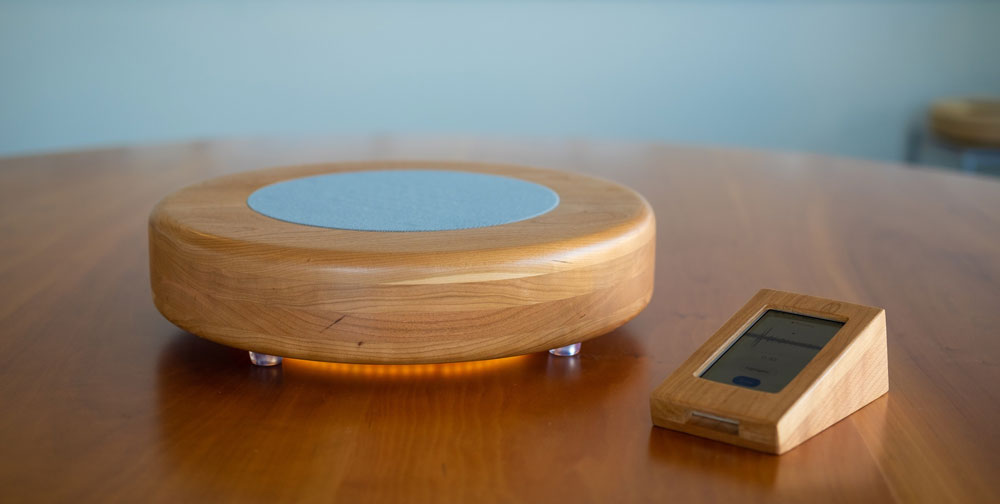
July 8, 2019; Nieman Lab
The Local Voices Network (LVN), developed by the nonprofit Cortico in collaboration with the MIT Media Lab, is bringing people together to share their perspectives with each other and with a small electronic “digital hearth” that records their every word. This new technology allows journalists and other stakeholders to access conversations among the individuals whose day-to-day lives feel the impact of important community issues.
As previously reported by NPQ, local nonprofit news sources have struggled to attract foundation and big donor dollars, which are concentrated on a few larger national organizations. Lack of local funding expands existing news deserts and leaves large areas of the United States without a voice in the media. While it may not solve local journalism’s broader issues, LVN may give local journalists greater access to real conversations happening on the ground and a window into a community-based understanding of issues.
The structure of the program seems almost old-fashioned in our world of posting and quick comments on social media, but it includes a technological twist that could amplify conversations beyond the kitchen table.
Sign up for our free newsletters
Subscribe to NPQ's newsletters to have our top stories delivered directly to your inbox.
By signing up, you agree to our privacy policy and terms of use, and to receive messages from NPQ and our partners.
A conversation host sits with selected members of a community and guides a conversation about important local issues. In the middle of the table is a wood-grained, UFO-like device recording their discussion, which will be analyzed and cataloged for journalists and other local stakeholders to learn from and quote. On the backend, trends are identified and made available to users of the LVN database. Hosts and participants all volunteer their time for the discussions.
Beyond local news sources, LVN conversations can also be used by other key stakeholders. According to LVN’s website, “multiple mayoral candidates have committed to tuning into LVN Madison conversations and incorporating (often under-heard) community voices and concerns into their campaigns—with our goal being to surface relevant new issues onto the public agenda.”
Additionally, community members who participate develop a greater understanding of each other’s perspectives as the discussion progresses. This is a shift from a traditional journalistic approach in which the journalist guides the conversation with the intention of building a story.
The program launched in Madison, Wisconsin and New York, and has already covered key issues including the experiences of Muslims in Madison, health care affordability, and climate change. Their next launches will be in Massachusetts and Alabama this year.—Julie Euber













